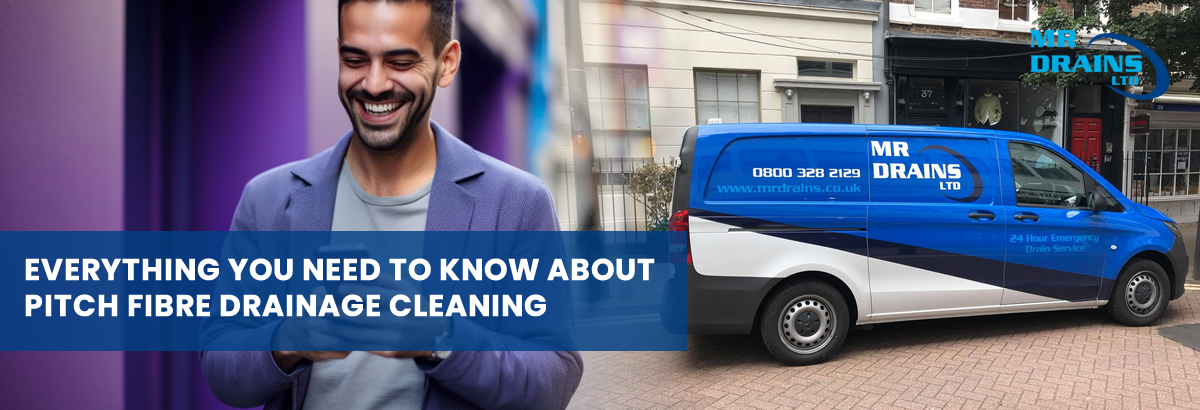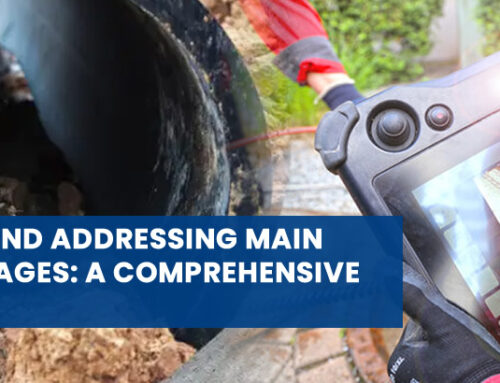Undoubtedly, we recognize the crucial role of a smoothly functioning drainage system in ensuring a comfortable living environment. Whether it involves delivering clean water or managing wastewater, a reliable drainage system is paramount for both homes and businesses. In today’s market, where a plethora of products and cleansers are readily available, the question arises: is it prudent to attempt clearing a blocked drain independently? This discussion delves into the effectiveness of do-it-yourself (DIY) methods versus hiring a professional drainage company, examining when each approach might be more advantageous.
Are DIYs Effective?
When faced with clogged drains in the kitchen or blocked toilets, the instinct is often to attempt DIY solutions. While DIY methods can prove effective for minor drainage issues, a careful assessment of the drain’s condition is crucial. Without a proper understanding, DIY attempts may exacerbate the situation, and certain methods may take longer to demonstrate efficacy. Caution is advised when using chemicals, and exerting excessive force during unclogging can lead to potential damage. Consulting a professional drainage company is advisable for a safer resolution.
Commonly Used DIYs for Clearing Blocked Drains:
- Plunging:
- Effectiveness: High for minor clogs in toilets, sinks, and showers.
- Considerations: Ensure a proper seal between the plunger and the drain, using a plunging motion to dislodge the clog.
- Boiling Water:
- Effectiveness: Moderate for breaking down grease and minor blockages.
- Considerations: Suitable for grease-related clogs but may not be effective for solid obstructions.
- Baking Soda and Vinegar:
- Effectiveness: Moderate for minor clogs and odor control.
- Considerations: Pour baking soda down the drain, followed by vinegar, to leverage the chemical reaction for breaking down blockages.
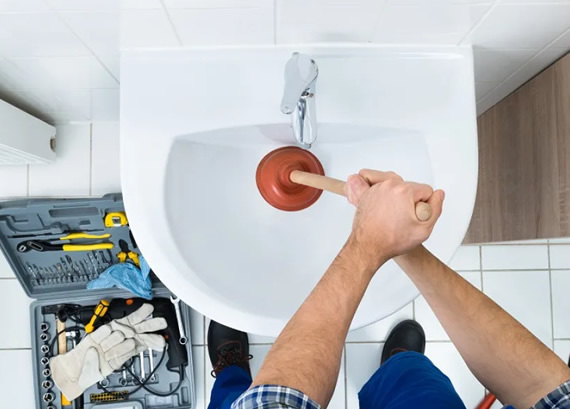
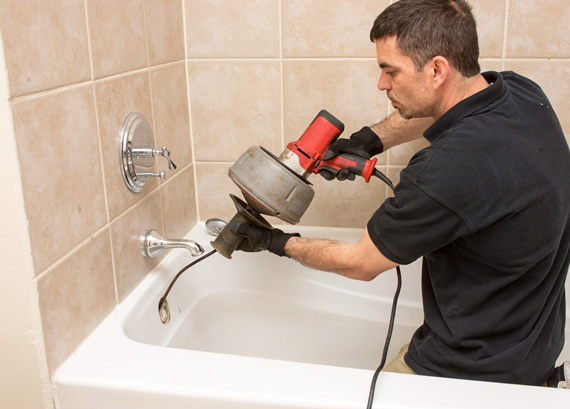
- Manual Snaking:
- Effectiveness: High for reaching and removing clogs in pipes.
- Considerations: Drain snakes or augers can physically break up and remove clogs.
- Chemical Drain Cleaners:
- Effectiveness: Variable; suitable for certain types of clogs.
- Considerations: Use with caution due to potential pipe damage, especially for solid obstructions.
- DIY Drain Cleaning Tools:
- Effectiveness: High for hair and debris removal.
- Considerations: Tools like zip-it drain cleaners or drain sticks can effectively extract hair and debris.
Cons of DIYs
Here are some common pitfalls and potential problems associated with DIY drain cleaning:
- Incomplete Removal of Blockage:
DIY methods may achieve only partial clearance of the blockage, offering temporary relief without addressing the underlying issue for a long-term solution.
- Chemical Damage:
The use of harsh chemical drain cleaners has the potential to harm pipes, particularly in cases of excessive use or when the plumbing system contains older or sensitive materials.
- Pipe Damage:
Incorrect usage of tools, such as a plumbing snake, can lead to pipe damage, especially if excessive force is applied during the DIY process.
- Failure to Identify the Root Cause:
DIY solutions might provide a quick fix without identifying the root cause of the drainage problem, resulting in recurring issues over time.
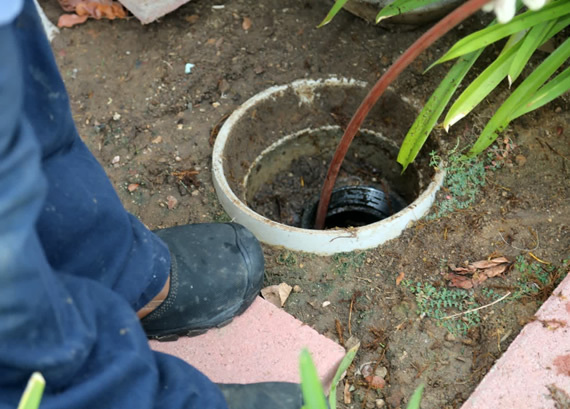
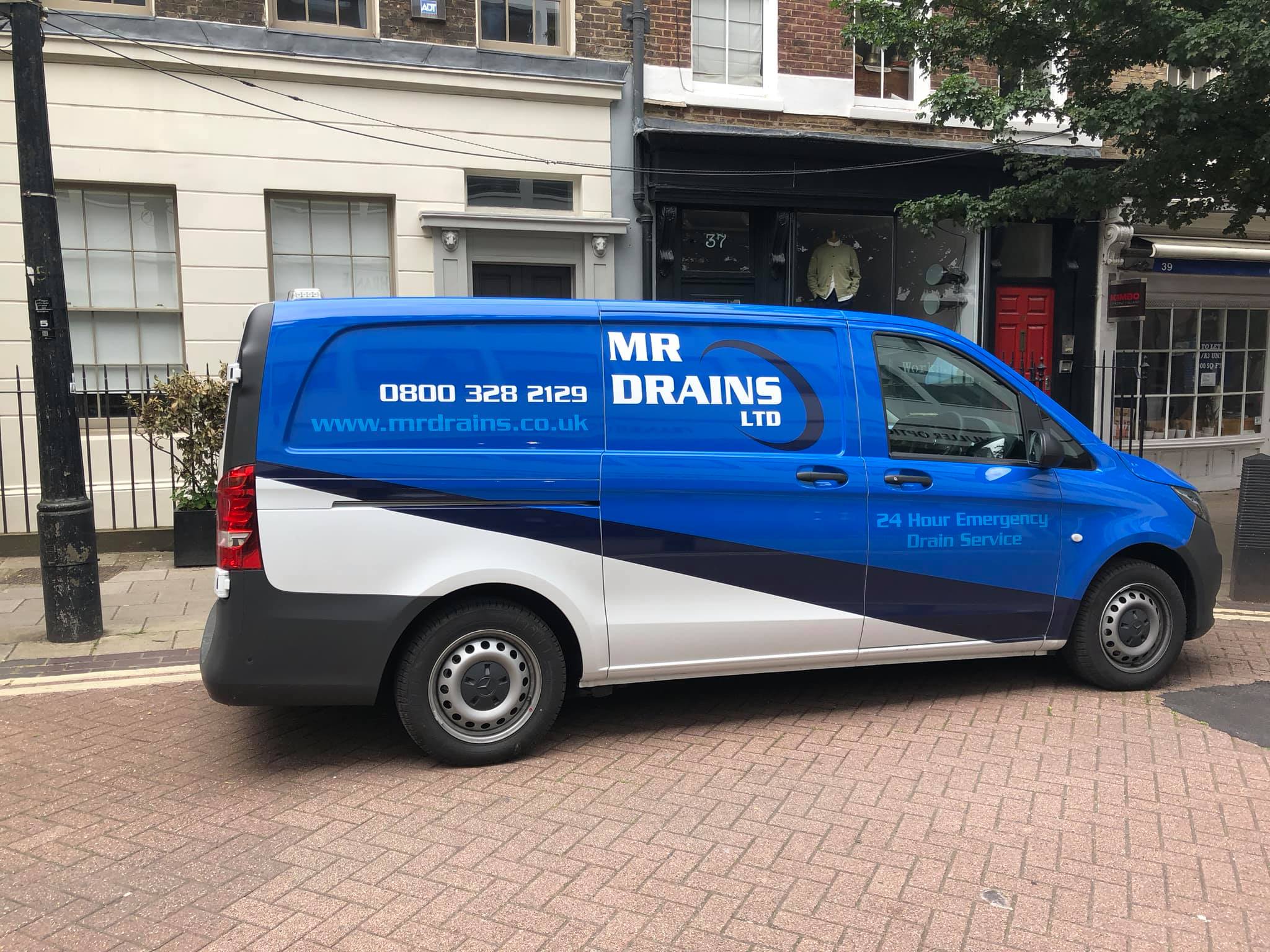
- Health and Safety Risks:
Working with chemicals or using tools improperly can pose health and safety risks. Adhering to safety guidelines and using protective gear is essential when necessary.
- Worsening the Problem:
Despite good intentions, DIY efforts can sometimes exacerbate the problem. For instance, attempting to clear a clog without understanding its nature may push the obstruction further into the pipe.
- Ignoring Larger Issues:
DIY methods may prove insufficient for more significant problems, such as collapsed pipes, tree root infiltration, or issues in the main sewer line. Neglecting these problems can result in more extensive damage over time.
- Costly Repairs:
If a DIY attempt goes awry and causes damage to the plumbing system, the subsequent repairs can be more expensive than if professional help had been sought initially
In conclusion, enlisting the services of a drainage specialist proves to be a pivotal decision for your drainage system. With access to expertise, specialized tools, and comprehensive solutions, professional assistance provides a level of assurance and peace of mind that DIY methods may not guarantee. The choice between opting for a do-it-yourself approach or calling in a professional drain company hinges precisely on the severity of the drainage problem. Therefore, a careful analysis of the situation is paramount in making an informed decision tailored to the specific needs of your drainage issues.

